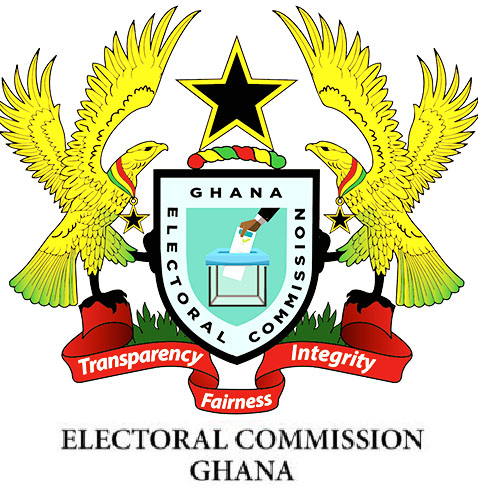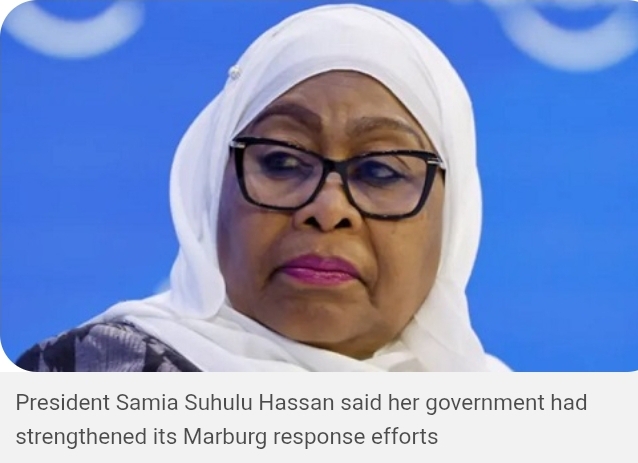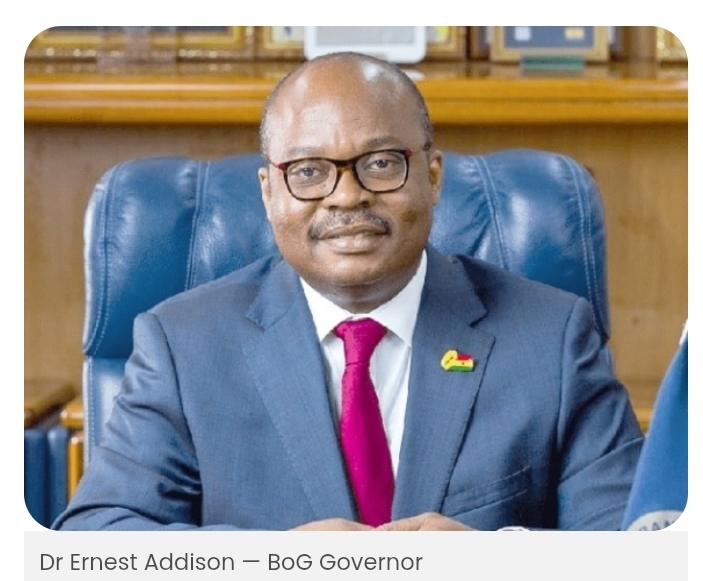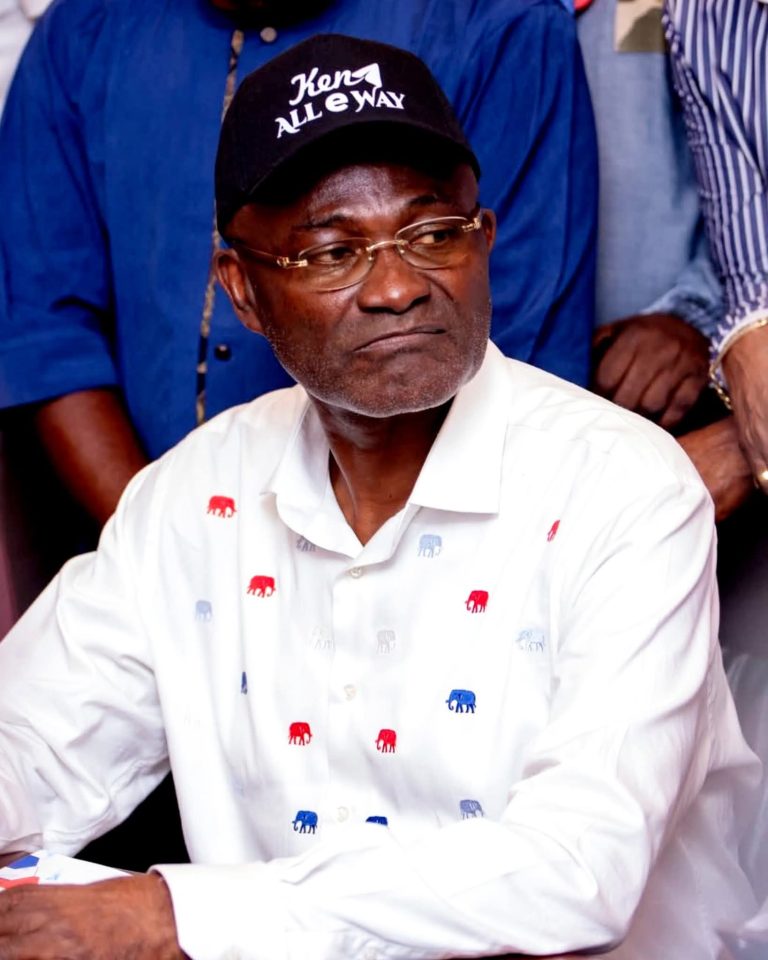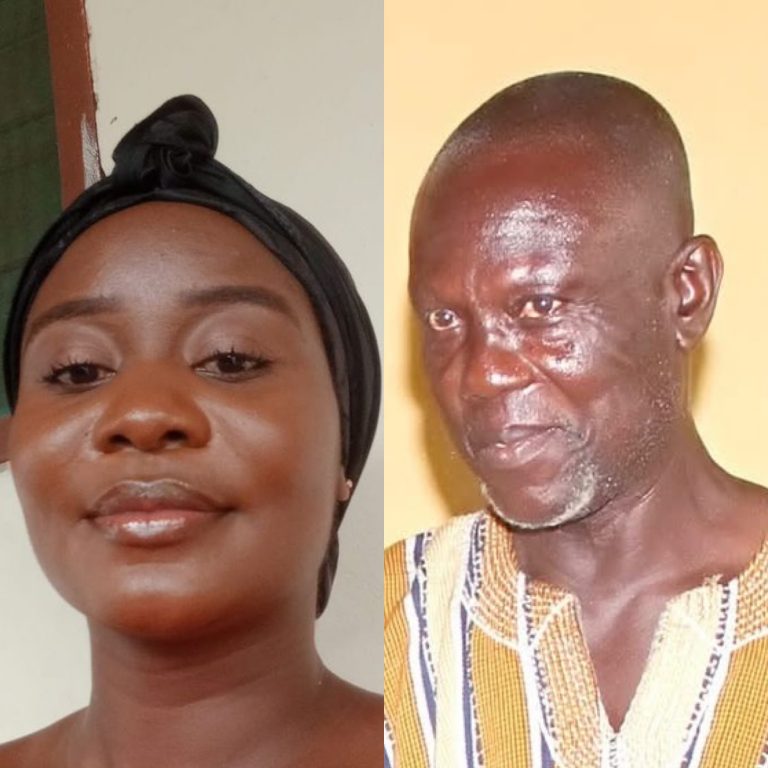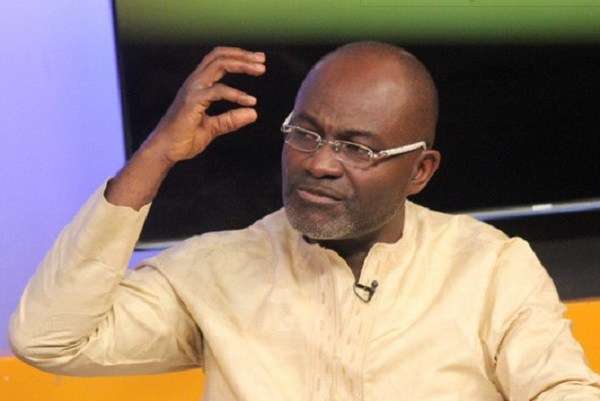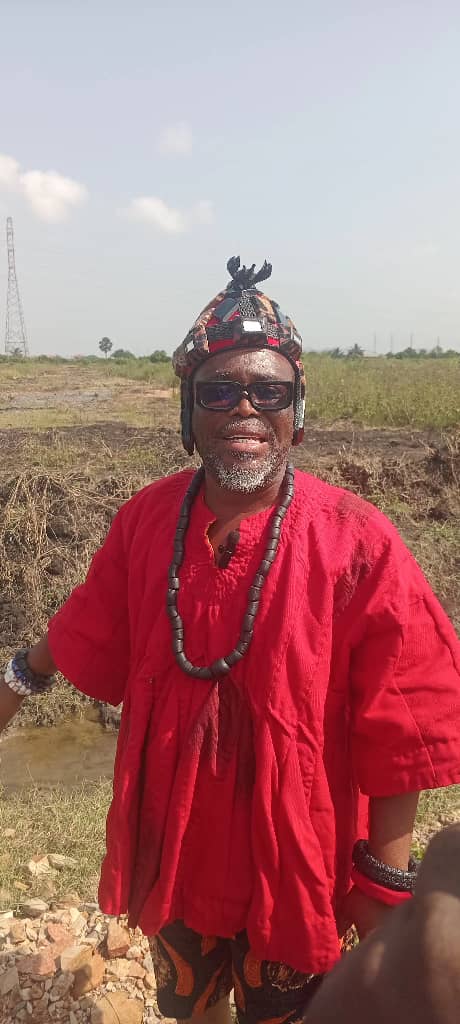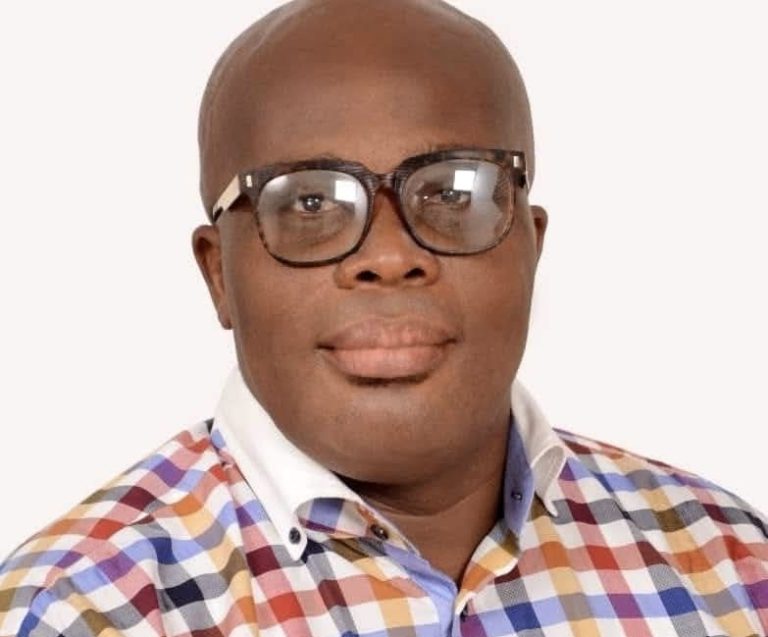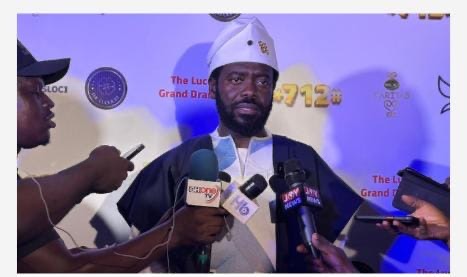For years, Ghanaians have been told to trust the media as the watchdog of democracy — the institution meant to hold power accountable and provide citizens with reliable information. But what happens when the watchdog itself is compromised? When the very platforms that claim to speak truth bend under political influence, twist narratives, and place profit above honesty? The result is exactly what we see today: a divided, misinformed public and a democracy under siege.
Major news outlets still present themselves as neutral arbiters of truth, but that illusion crumbles under scrutiny. Media corporations and political patrons shape coverage to fit agendas. Bias is not always shouted; it is whispered — in what gets airtime, how headlines are framed, and which stories quietly vanish.
Corruption in the media is not only about spreading falsehoods. It is also about silence. Critical context is stripped away, uncomfortable truths are buried, and stories that challenge powerful interests disappear. By selectively presenting reality, media outlets do not just inform — they distort. And a distorted view of society is just as dangerous as an outright lie.
At the heart of this corruption lies “soli journalism” — the culture of bribing reporters with envelopes of cash in exchange for favorable coverage or silence. This practice, normalized for years, has eaten away at professional integrity. It is no surprise that many journalists act more like public relations officers for politicians and businesses than defenders of truth.
The consequences are grave. Public trust in the media has collapsed. Citizens no longer know which sources — if any — can be believed. This fuels polarization, as people retreat into echo chambers that confirm their biases. Worse still, it erodes democracy itself: for without an informed citizenry, rational decision-making is impossible.
The modern Ghanaian media landscape is driven by ratings, influence, and patronage. Outrage, fear, and spectacle attract more attention than sober analysis. Complex issues are reduced to shallow soundbites. Nuance is sacrificed for speed. The pursuit of truth has been replaced with the pursuit of engagement — leaving the public not informed, but inflamed.
The first step toward a solution is awareness. Citizens must recognize that mainstream narratives are often incomplete, biased, or manipulated. We must seek out independent voices, compare perspectives, and dig deeper than the headlines. Question not only what you are told, but also why you are being told it.
Democracy cannot survive without critical thinking. And critical thinking requires breaking free from the grip of corrupt media. The media was meant to serve the people of Ghana. Today, too often, it serves power and profit. Unless citizens demand better — and unless journalists recommit to their duty of truth — the destruction will continue unchecked.
Osɔfo Nii Naate Atswele Agbo Nartey


